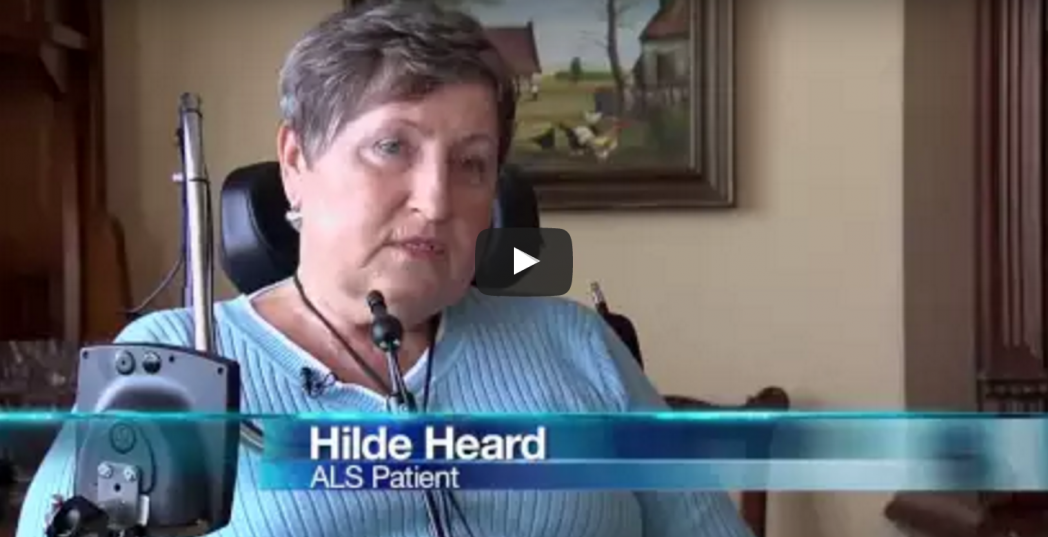Diagnosing ALS
Written by |

In this video by Lee Memorial Health System, learn more about why ALS (or Lou Gehrig’s disease) is still a mystery, including what causes it.
But doctors have no doubt about its progression. They believe they can provide people with this fatal disease some relief, if they could just diagnose it early enough.
As elusive as finding a cause for ALS, is diagnosing the disease itself. Sometimes called Lou Gehrig’s disease, it’s a progressively fatal neurological disease which attacks the nerve cells responsible for moving our muscles.
“Often a patient may have a foot drop or hand weakness. It progresses in the limb that it starts out with and then it progresses to the contiguous limb. It’s usually present for some time prior to patients coming in,” says Dr. Nima Mowzoon, a neurologist on Lee Memorial Health System’s medical staff.
That’s how it went down with Hilde Heard in 2006.
“I had a slight, not even a limp but like a drag that came with walking a long distance. I felt my left foot dragging and then my right toe was just drawing up and being limp,” says Heard.
In the months that followed, her condition got worse.
“It took a year for this to just accelerate and then I was diagnosed in 2007,” says Heard.
About 10 percent of ALS patients have an inherited gene mutation. That leaves the other 90 percent who get it randomly with no identifiable cause or risk factor. So many times the diagnosis comes from ruling out everything else.
“Diagnosis is a combination of a clinical presentation, clinical diagnosis, and a use of EMG (which is electromyography) which is the nerve and muscle testing. We often end up doing other testing including MRIs of the spine to exclude things that can mimic ALS,” says Dr. Mowzoon.
Early symptoms include foot drop, hand weakness or clumsiness, muscle cramps or twitching in the arms, shoulders or tongue, and fatigue associated with any of the above. The sooner it’s identified, the more likely patients are to get relief.
“People don’t understand, statistically it’s one in a hundred thousand that get the disease,” says Heard.
Research is continuing to find a cure for ALS or at least a biomarker or test that will help identify the disease at its earliest stage.





